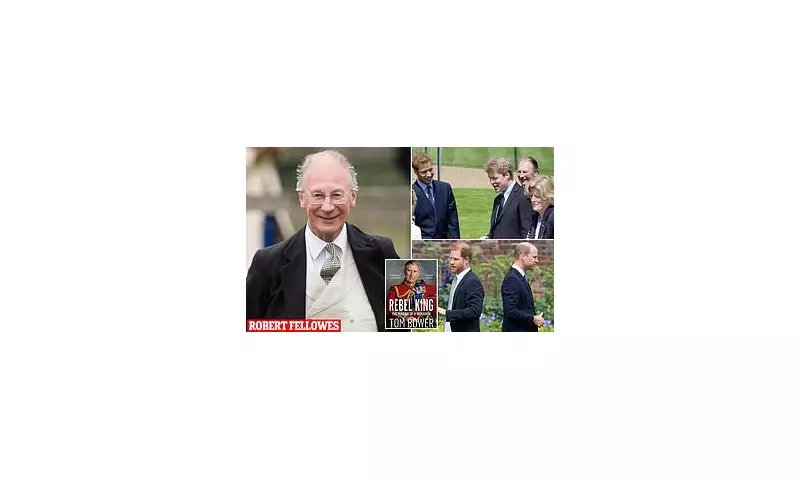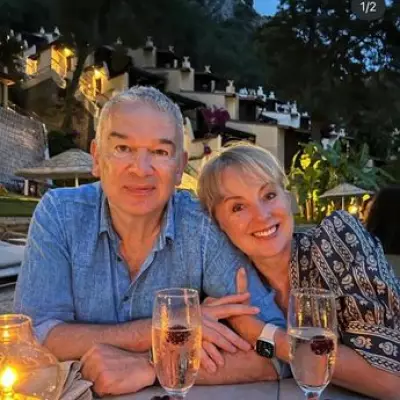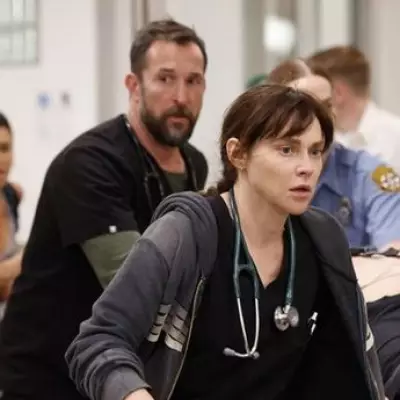
In a revelation that sheds new light on the Windsor family dynamics, it has emerged that the late Queen's private secretary and uncle to Princess Diana, Sir Robert Fellowes, played the role of peacemaker between the warring Dukes of Cambridge and Sussex.
The Secret Summit at Windsor
Following the sombre occasion of Prince Philip's funeral in April 2021—a day marked by social distancing and masked glances—a carefully orchestrated meeting took place behind the ancient walls of Windsor Castle. Sir Robert Fellowes, a respected figure with deep familial ties to the royals, facilitated what would become a pivotal moment in modern royal history.
The encounter, lasting approximately two hours, occurred away from prying eyes and the relentless media scrutiny that had plagued the brothers' relationship for years.
The Mastermind Behind the Meeting
Sir Robert Fellowes, who served as Queen Elizabeth II's private secretary from 1990 to 1999, wasn't just a senior courtier. As the brother of Diana, Princess of Wales's mother, he was uniquely positioned as both family insider and trusted adviser. His involvement signals how seriously the establishment viewed the damaging rift between the second and third in line to the throne.
His decades of experience navigating royal crises made him the ideal candidate to broker what many believed was an impossible conversation.
A Fragile Truce
While the meeting didn't result in an immediate resolution to the brothers' deeply personal and public fallout, it represented a crucial first step. Sources suggest the discussion, though tense at times, allowed both princes to express their grievances in a neutral, controlled environment.
The fact that both William and Harry agreed to participate demonstrates their respect for Sir Robert and their recognition of the meeting's necessity for the monarchy's stability.
The Aftermath and Ongoing Tensions
Despite this diplomatic intervention, the relationship between the brothers remains complex and strained. The subsequent publication of Harry's memoir, 'Spare', and various televised interviews have revealed the depth of the rift, suggesting that one conversation couldn't undo years of accumulated resentment and differing perspectives on royal life.
Yet, those close to the family maintain that this meeting, orchestrated by a respected elder statesman of the royal household, planted a seed for potential future reconciliation when emotions are less raw and circumstances evolve.
The revelation of Sir Robert's role adds a new layer to our understanding of how the monarchy operates behind the scenes during times of crisis, relying on experienced figures to safeguard the institution's future.





